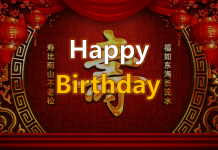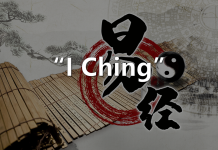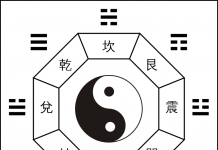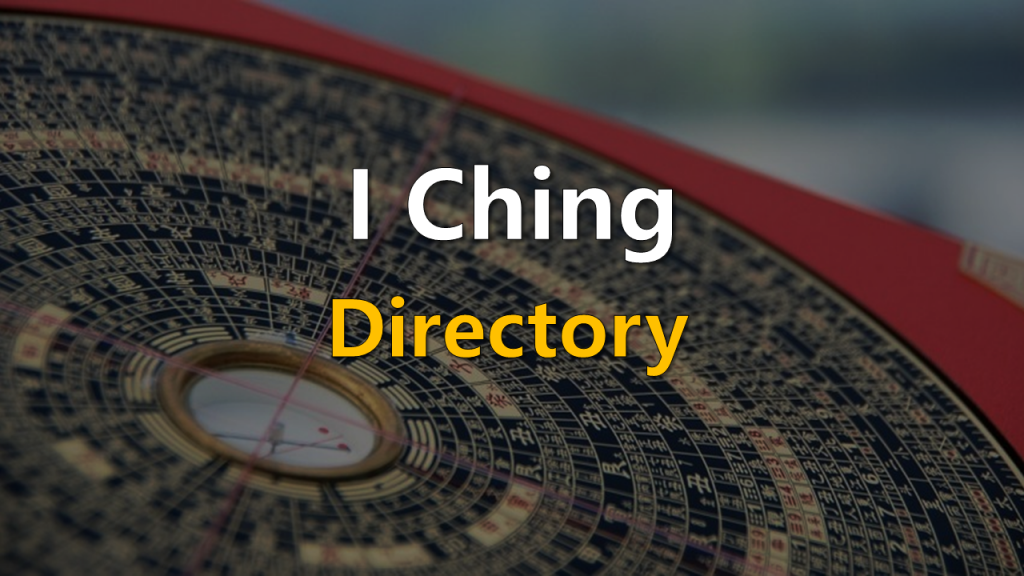
Directory of I Ching
67. Why is it not advocating to celebrate birthdays grandly
66. The highest state of life is to live like water
65. Whether it is a blessing or a curse
64. The five sentences of the I-Ching will make you more blessed
63. Signs of good luck + audio
62. Five Great Fortunes in Life + Audio
61. Ancestor’s Human Recognition + Audio
60. 20 Signs of Good Luck + Audio
59. Face Determines Destiny – Not Superstition + Audio
58. Men account for 38 must send, women account for 38 must be widowed + audio
57. Blessings are made by the heart + audio
56. Read Twelve Hours to Understand People’s Life + Audio
55. The Law of Cause and Effect
54. Getting too close is a disaster + audio
53. Do you know what age cannot celebrate a birthday? +audio
52. Zhuge Liang left three sentences before his death + audio
51. Don’t argue and don’t argue + audio
50. Go through the hardships and joys of life in the wind and rain + audio
49. The 10 Most Virtuous Things + Audio
48. Wang Yangming: Recognizing yourself is the top wisdom + audio
47. “Tao Te Ching” raises the pattern and is free + audio
46. ”The Tao Te Ching” pattern + audio
45. “Tao Te Ching” pattern + audio
44. Relief from Tao Te Ching + Audio
43. Signs of good luck + audio
42. “Tao Te Ching” Too busy people is a disaster + audio
41. “Book of Changes” Heaven, Authentic, Humane, Business and Industry + Audio
40. Stay away from smart but unkind people + audio
39. Nurturing people and raising the heart + audio
38. Accumulation of virtue does not need to be seen by others, and doing good deeds is self-knowledge + audio
37. The Book of Changes
36. Self-discipline determines life + audio
35. The Tao Te Ching should be reset to zero in time + audio
34. Ten Essences of Tao Te Ching + Audio
33. “Tao Te Ching” one quiet, two slow, three smooth, four and five light + audio
32. Work with talented people more often + video
31. You can understand the entire Tao Te Ching + video if you understand eight characters
30. Full text and translation + video of Tao Te Ching
29. Amazing Laws of Heaven
28. Respect and respect others
27. Time to see character, small things to see people’s heart + audio 26. Destiny Destiny Good Change Life + Audio
25. Everything is Providence + Audio
24. The two most hurtful words
23. “Book of Changes” sleep out of his own life + audio
22. “Book of Changes” faces determine fate + audio
21. The most taboo thing about being a person in “Book of Changes” is having too much sense of identity + audio
20. “Book of Changes” is divided into groups by clusters
19. The best state of life in Tao Te Ching
18. Lao Tzu’s five most powerful thoughts + audio
17. “Tao Te Ching” The Secret of Heaven and Earth + Audio
16. “Book of Changes” Wisdom and Management
15. The more stable the will of the Book of Changes, the better
14. “Book of Changes” do not use the hidden dragon
13. “Book of Changes” is quiet and empty, but there is God
12. “Book of Changes” is a blessing or a curse + audio
11. The number of birthdays represents your destiny
10. I Ching Concepts Related to Numbers
09. Chinese Zodiac Match Table
08. Favorite Orientation
07. Birthday Eight Characters
06. Graphic I Ching
05. What is “Book of Changes”
04. “Book of Changes”, the first of the nine interpretations of the classics
03. Five Steps to Easily Read the I Ching
02. Full text of I Ching
01. “I-Ching” What Gua, Yao, Eight Gua!
00. “I-Ching”
.
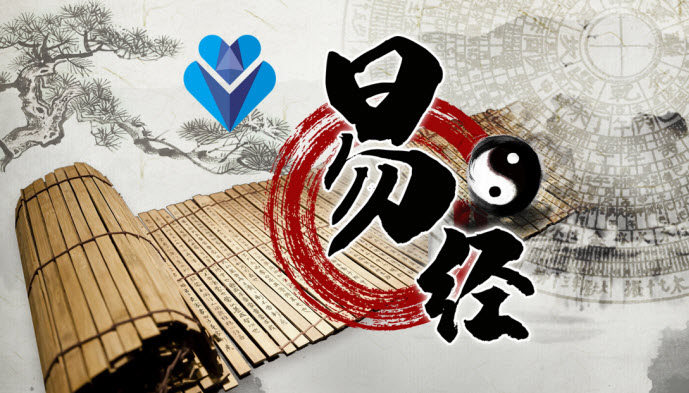
.
“I Ching” is one of the oldest documents of the Han nationality in China, and is regarded as the beginning of the “Five Classics” by Confucianism. Generally speaking, the three great ancient books include “Huangdi Neijing”, “I Ching”, “Shan Hai Jing”, but they The book is late. “I Ching” uses a set of symbols to describe the simplicity, change, and difficulty of states, expressing the philosophy and cosmology of Chinese classical culture. Its central idea is to describe all things in the world by deciphering the inherent characteristics and laws of natural operation and interpreting the alternation of yin and yang. “I Ching” was originally used for divination and weather forecasting, but its influence has spread throughout China’s philosophy, religion, politics, economy, medicine, astronomy, arithmetic, literature, music, art, military and martial arts. A masterpiece that is not included. In the Siku Quanshu, it is the Ministry of Classics. Among the Thirteen Classics, it was the earliest philosophical book that was not damaged by Qin Shihuang’s burning of books. Since the seventeenth century, “I Ching” has also been introduced to the West.
There are three original versions of “Yi”: “Lianshan”, “Gui Zang” and “I Ching”. “Lian Shan” and “Gui Zang” have been lost, and “I Ching” is the only scripture that has been passed down to later generations. According to legend, “I Ching” is based on the writings of “Yi” edited by King Wen of Zhou, and it was written around the Western Zhou Dynasty. In 1993, the Wangjiatai Qin bamboo slips “Yi Zhan” unearthed in Jingzhou Town, Jiangling City, Hubei Province (now Yingcheng Town, Jingzhou City) are consistent with the edited version “Gui Zang”, and are considered to be a reproduction of the ancient text of “Gui Zang”.
“Yi” is also called “I Ching”, and the scriptures refer to the content of the original text. Since only Zhouyi is lucky to be handed down among the Three Changes, “I Ching” usually refers to “Book of Changes” in general. There are many versions of “I Ching” re-annotated by later generations, among which the earliest and most famous work is “Yi Chuan”. So, don’t confuse “Book of Changes” with “Book of Changes”, which are two different concepts. The upper part of the “Book of Changes” is the “Jing” part, which refers to the original text of the “Book of Changes”; the lower part of the “Book of Changes” is the “Biography” part, which was jointly written by Confucius and his disciples, and carried out a review of Zhouyi. Subjective personal opinions and annotations are actually not equivalent to the true meaning of the original text of “Book of Changes”. The content of “Biography” includes ten chapters, including “Xi Ci”, “Xiang Ci”, “Xiao Ci”, “Xiao Ci”, “Xiao Ci”, “Xi Ci”, “Classical Language”, “Preface Gua”, “Said Gua” and “Miscellaneous Gua”, formerly known as “Ten Wings” “.
.
.
All works marked “Source: XXX” are reprinted from other media. The purpose of reprinting is to convey more information. It does not mean that this website agrees with its views and is responsible for its authenticity. This website reproduces manuscripts from other media with the intention of providing free services to the public. If the copyright unit or individual of the manuscript does not want to publish it on this website, you can contact this website, and this website will immediately remove it.
.

.
.
.





